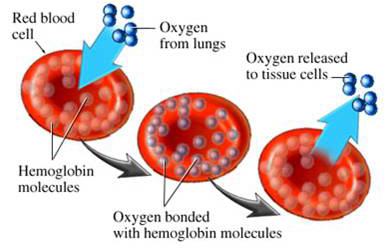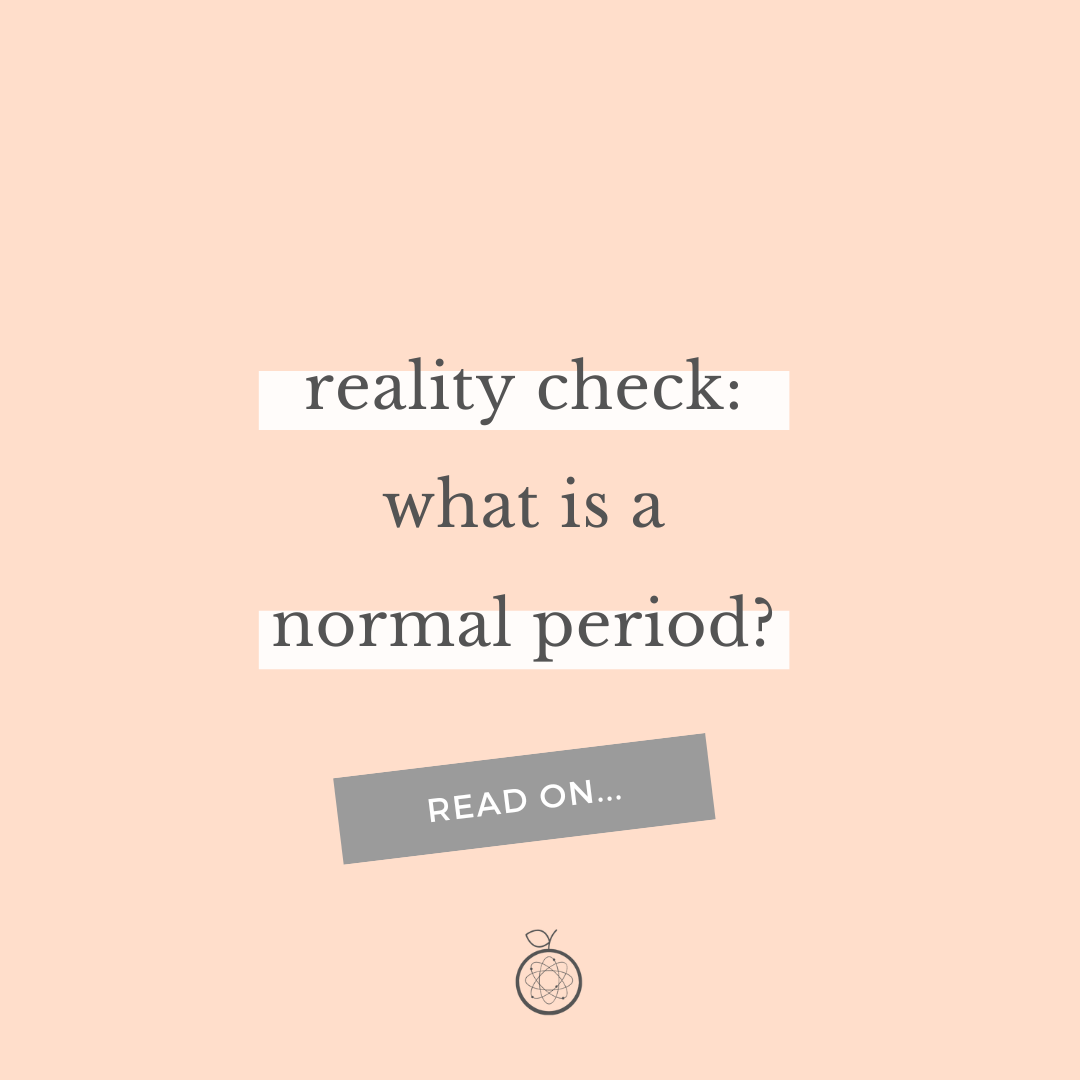Anaemia and Low Ferritin Levels
What is iron used for?
* Iron is a critical component of blood, it is a part of Haemoglobin, the protein in blood that is used for transporting oxygen from the lungs to the rest of the body. The oxygen is used to burn carbohydrates and fats to give us energy. So Iron supports key enzymes involved in your metabolism.
* Iron is a necessary component in brain development and function, and is needed to synthesise certain neurotransmitters (serotonin, dopamine, norepinephrine).
* Cell division and growth, and collagen
* Immunity
What is Anaemia?
Anaemia occurs when the level of haemoglobin in the blood falls too low making it difficult for the body to transfer oxygen around the body to where it is needed for energy.
What Causes Anaemia?
Insufficient iron:
* Dietary intake is too low, low or no red meat intake,
* Body is not absorbing it properly (e.g. Coeliac disease),
* Iron is being lost along with blood loss (e.g. in menstrual fluid, internal bleeding (e.g. ulcers), trauma, after surgery or major burns, numerous blood donations.
Insufficient red blood cells:
* The body is not producing enough red blood cells,
* The red blood cells are too quickly destroyed by the body (often due to inherited anomalies),
* The red blood cells are not properly formed making them unable to carry oxygen.
Other causes:
* Viral and bacterial infection (note: blood levels can rise during infections), e.g. EBV, CMV,
* Excessive exercise/athleticism, especially for females,
* Certain pharmaceutical medications which can interfere with iron absorption (e.g. antibiotics, antimalarials and analgesics),
* Excessive alcohol consumption,
* Insufficient folic acid or vitamin B12 which can interfere with red blood cell formation,
* Pyroluria – hereditary condition interfering with iron absorption, a vitamin B6 deficiency may be the cause,
* Hypochlohydria – low stomach acid,
* Low levels of the mineral Selenium

Who is prone to low iron and anaemia?
* Infants, children and adolescents/teenage girls- due to growth or being a fussy eater,
* Menstruating women especially if excessive blood low e.g. fibroids, endometriosis, etc,
* Athletes,
* Elderly,
* Vegetarians and vegans,
* Pregnant women,
* People with any type of bleeding in the intestines (for example, a bleeding ulcer),
* People who frequently donate blood,
* People with gastrointestinal conditions that make it hard to absorb nutrients from food e.g. people with coeliac disease.
Symptoms
* Sometimes there may be no symptoms,
* Constant feeling of low energy, fatigued, tired or general weakness,
* Pale complexion,
* Unusual shortness of breath during exercise or light movement,
* Unusual food cravings,
* Fast heartbeat, irregular heartbeats or heart palpitations,
* Cold hands and feet,
* Brittle, thin, concave nails,
* Dark circles under the eyes,
* Hair loss,
* Headaches,
* Dizziness or feeling light-headed,
* Lack of concentration and loss of motivation,
* Reduced ability to fight infections, &
* Can worsen symptoms of PMS.
There are so many reasons why you may be anaemic so it is important to discuss your symptoms indepth with your us within a consultations so we can best address the areas of your health contributing to your anaemia, and prescribe the correct supplements for you if necessary.
You can work with us here. There can sometimes be another health complaint such as inflammatory bowel disease can be causing the anaemia and this needs to be addressed before adequate amounts of iron can be absorbed. There is no point taking a particular iron supplement if your body is not absorbing it. Even more importantly, taking an iron supplement if your anaemia is not due to an iron deficiency can be dangerous. Hence why specialist nutrition consultations are recommended. Self-prescription can often do more harm than good.
Additionally, deficiencies in other minerals such as selenium can be associated with anaemia and need to be explored by your us also during your appointment.
Dietary advice for iron intake – What are good food sources?
There are two types of iron, haem and non-haem. Haem iron is more readily absorbed (25%) and is found in animal sources. Non-haem iron is found in whole grain cereals, vegetables (especially leafy green vegetables), fruits, nuts and legumes. This type of iron is not as readily absorbed (only 2-20%).
Eating non haem iron with haem iron will help its absorption. The best, most easily absorbed forms of iron are from animal sources such as meat, especially organ meat, pork, fish and poultry, mostly the darker meat.
Additionally, when you include meat in any meal, this enhances the absorption of the less readily available forms of iron found in non-animal foods such as dark green leafy vegetables, legumes, whole grains, nuts and eggs. Another trick to helping your body absorb iron is to include vitamin C-rich foods such as oranges, mandarins, capsicum, tomato and broccoli.
Factors affecting absorption
* Zinc competes with iron for absorption so is best taken at night if you wish to avoid this. The same applies with Calcium supplements,
* Tannins in tea prevent absorption so if you are low in iron don’t have a cup of tea following meals,
* Coffee, red wine and soft drinks also inhibit the absorption of iron and so should be avoided near meals,
* Oxalates stop iron absorption and high sources are rhubarb, spinach, strawberries, chocolate, wheat bran, nuts and beets. So even though spinach is very high in iron, the high oxalate content means only about 1.4% of the iron is useable,
* Stomach acid is required to breakdown iron when it is ingested. So if the pH is not acidic enough the iron does not get absorbed. People taking antacids take note,
* Vitamins A, B and C are required for absorption. Vitamin C is especially important and should be taken at the same time to double the chances of iron absorption,
* There is some evidence that lactoferrin, from whey protein, enhances absorption, as it is structurally similar to Transferrin (the transporter of iron). Protein drinks may be useful,
* Possible B6 deficiency.
Do I need supplementation?
Your health care practitioner will decide if you require a supplement, and some are better tolerated than others. And as Iron binds with many medications, most notably antibiotics, and thyroxine, it is wise to separate Iron supplements 2 hours away from taking drug medications. Intravenous infusions may be offered in some cases of Anaemia.
Can you have take to much or to little?
Yes – With regards to deficiency there tends to be specific groups of people (mentioned above) who are prone to this, but excess iron can be dangerous as it is toxic. It is best to obtain specialist nutrition advice following a consult to ensure your individual requirements and root cause of iron loss/deficiency.
Excess Iron?
Excess iron is toxic, especially to the organs where it gets stored, which are liver, heart, pancreas and kidneys, and (rarely) can result in death if consumed in excess. There is a hereditary condition called haemochromatosis, where iron absorption is uncontrolled and the body absorbs excessive amounts of iron. This can be tested for in a blood test. Your health care practitioner may test your at various intervals to check your response to iron supplements, change of diet and other advice.
Testing
Blood tests – The most accurate way to test for Iron deficiency is by performing an ‘Iron studies test’ (most common in Australia). Serum iron measures the iron in the blood, Transferrin is a protein which transports iron from the gut to the cells that use it. Your body makes transferrin in relationship to your need for iron, so if stores are low it increases transferrin, and vice versa.
Ferritin reflects the amount of stored iron in your body, and is a most suitable way to assess Iron status. In females the desirable level is 50+ m/l [see ref] When iron begins to be depleted, ferritin levels fall before Anaemia develops, this is where Haemoglobin levels are low in the blood (part of an F.B.E test).
Just looking at serum blood can be misleading, for example, the body takes iron out of circulation and hides it when there is an infection in the body. This is because infectious agents need iron to multiply.
Note: DO NOT take iron supplements when you have an infection.








0 Comments